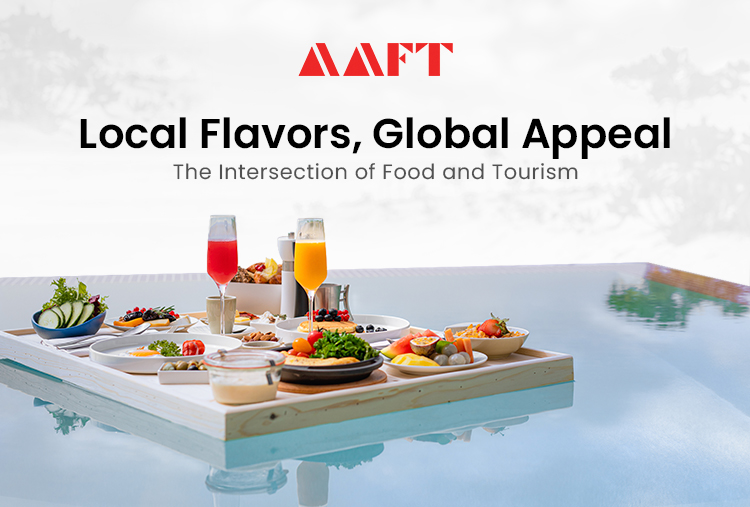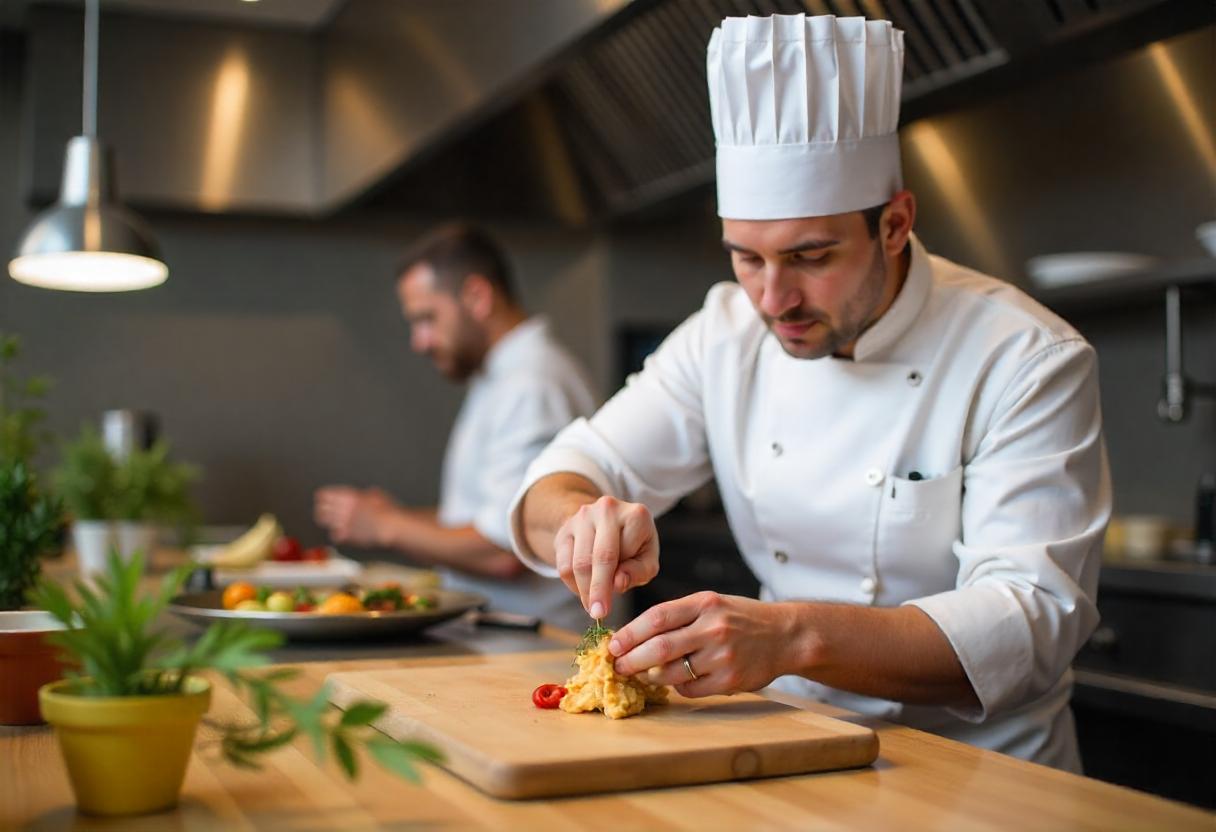Local Flavors, Global Appeal: The Intersection of Food and Tourism
Let’s be real, the only reason we even travel is to eat. Sure, seeing the world is great and all, but nothing beats biting into a juicy, flavor-packed delicacy that you can’t find back home. Whether you’re slurping up some spicy street noodles in Bangkok or indulging in the flaky, buttery goodness of a croissant in Paris, local cuisine is a crucial part of the travel experience.
But it’s not just about satisfying your taste buds. Food offers a glimpse into a region’s culture and history. It’s like taking a bite out of the past, present, and future of a place all at once. Every dish has a story to tell, from the spices that were traded along ancient spice routes to the innovative techniques that are being used today. In fact, food has become such a popular reason for travel that it’s even got its own name – Food tourism.
Have you ever wondered how food and travel intersect?
In this article, we’re going to delve into the intersection of food and tourism, and how local flavors have global appeal. Get ready to travel the world one bite at a time, because we’re about to go on a culinary adventure that will make your taste buds sing!
1: Eating Like a Local
Do you want free career counseling?
Ignite Your Ambitions- Seize the Opportunity for a Free Career Counseling Session.
- 30+ Years in Education
- 250+ Faculties
- 30K+ Alumni Network
- 10th in World Ranking
- 1000+ Celebrity
- 120+ Countries Students Enrolled
For many travelers, the best way to experience a new culture is by eating like a local. From food carts to hole-in-the-wall restaurants, local cuisine often offers the most authentic taste of a region’s culinary heritage. Whether you’re trying a Philly cheesesteak in Philadelphia or sampling poutine in Montreal, local flavors provide a unique opportunity to immerse yourself in a new culture.
2: Regional Ingredients and Techniques
One of the reasons local cuisine is so appealing is the use of regional ingredients and cooking techniques. From the aromatic spices of India to the fresh seafood of the Caribbean, these flavors and ingredients are often tied to the land and the people who cultivate it. Additionally, local techniques, such as smoking meat or slow-cooking stews, can add depth and complexity to a dish, making it a memorable culinary experience.
3: Food Tourism and Sustainability
Food tourism is not only a way to experience a region’s cuisine, but it can also have a positive impact on local communities and the environment. Sustainable practices, such as sourcing locally and reducing food waste, have become increasingly important in the food industry. By supporting local farmers and producers, travelers can help create a more sustainable food system and reduce their carbon footprint.
4: The Fusion of Flavors
Do you want free career counseling?
Ignite Your Ambitions- Seize the Opportunity for a Free Career Counseling Session.While local cuisine is a vital part of travel, the blending of different culinary traditions has also become increasingly popular. Fusion cuisine, which combines elements of different cultures, can offer a unique and exciting culinary experience. From Korean tacos to sushi burritos, these creative combinations have become a hallmark of modern cuisine.
Conclusion
Food is an essential part of any travel experience, offering a window into a region’s culture, history, and identity. Whether you’re eating like a local, exploring regional ingredients and techniques, or trying innovative fusion cuisine, local flavors have global appeal. By supporting sustainable food practices and immersing yourself in local cuisine, you can create a memorable and impactful travel experience. So go ahead, indulge in that street food, try something new, and savor the flavors of your next destination!

AAFT has been providing the world with limitless creativity and expression since 1993! Through a dynamic and industry-driven curriculum, AAFT provides engaging and captivating articles to persuasive blogs and empowers its readers to explore diverse avenues of creative media education-related content.







